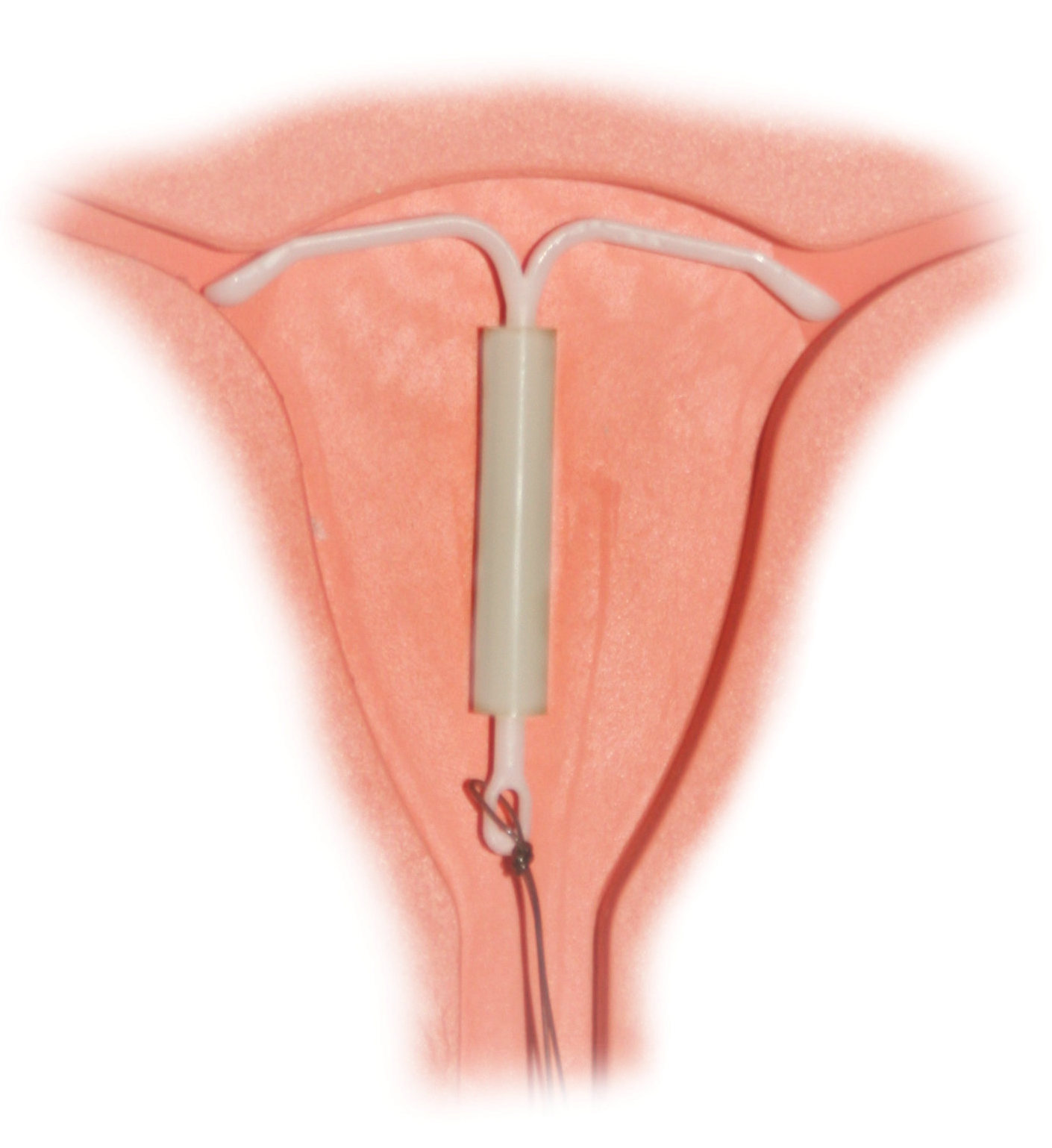I was puzzled, because per the package insert "[o]vulation is inhibited in some women using Mirena. In a 1-year study approximately 45% of menstrual cycles were ovulatory and in another study after 4 years 75% of cycles were ovulatory."
So I emailed him to ask.
Thank you so much for your lecture today.... I have a question about Mirena.And he replied in a very timely manner!
You said that Mirena does not suppress ovulation. But if it has contraceptive benefits, doesn't it have to suppress ovulation? I've heard defenses of Mirena against arguments that it is abortifacient, stating that its effects are primarily antiovulatory.
Great question.... In a small minority of patients, the Mirena can suppress ovulation (probably from a "local" effect on the ovary), but in the majority of patients, it does not. The primary mechanism for contraception is complex, but is thought to be primarily by preventing sperm from being able to navigate up to the egg. This is by: 1) progestin effect on thickening cervical mucous 1) progestin thinning of the endometrium to the point of "near atrophy," which doesn't allow for a substrate for sperm to swim on 3) slowing of motility within the fallopian tubes due to progestin which prevents sperm and egg movement.
The possible abortifacient effects of IUDs is a common question that comes up in counseling patients. If fertilization had already occurred, and an IUD was then placed, it could act in that regard. However, that is not the primary mechanism for IUDs (again, they prevent sperm penetration to the egg). The copper IUD is actually FDA approved for emergency contraception because of that effect. That is one of the reasons that we try to place IUDs following a menstrual cycle. That way we know it is not acting as a potential abortifacient. Hope that is helpful....So, per the package insert again:
The local mechanism by which continuously released levonorgestrel enhances contraceptive effectiveness of Mirena has not been conclusively demonstrated. Studies of Mirena prototypes have suggested several mechanisms that prevent pregnancy: thickening of cervical mucus preventing passage of sperm into the uterus, inhibition of sperm capacitation or survival, and alteration of the endometrium.I wasn't trying to trap my professor or anything (I only looked up the package insert this morning as I typed this post). But the insert doesn't say anything about capacitation. It's quite likely he's read something else since the package insert came out.
But my professor didn't say anything about the possibility of a woman who had ovulated with a Mirena inserted during a previous cycle and who conceived. So I emailed him again.
I looked at the package insert and saw that 45% of women are ovulatory during the first year of use. If the Mirena can thin the endometrium in a patient who is still ovulating, couldn't this cause loss of an early embryo?And he answered,
Yes, it could. As I mentioned, if fertilization did happen, an IUD can prevent implantation (ie, the copper IUD is FDA approved for emergency contraception). The main point is that that is not the primary mechanism for how IUDs work. In addition to preventing implantation, a bigger gyn concern with the Mirena is the risk of ectopic pregnancy if fertilization occurred. As mentioned motility is slowed in the Fallopian tube, so a pregnancy is more likely to not "make it" to the uterus, and implant in the tube. We would have a high suspicion for an ectopic if someone conceived with a Mirena in place. Still, the contraceptive efficacy of IUDs is extremely high (similar, in fact, to tubal ligation), so all of this would be significantly rare."Significantly rare"? "The main point"?? "The bigger...concern"???
Here's how I hear what he's saying:
Yes, Mirena could result in death of a baby. As I mentioned, if a person was conceived, an IUD can prevent them from implanting. But the main point is that's not the way things usually go. The bigger concern is ectopic pregnancy and the danger to the adult person's life if a new person is conceived. Still, the pre-fertilization efficacy of IUDs is extremely high, so all of this would be rare enough so that we can ignore it and prescribe anyway.I'm sure that's not what the professor thinks. He probably does not think human life beings at sperm-egg fusion, or he holds that premise but is like the man in Aristotle's categories:
There is nothing to prevent a man's knowing that A belongs to all B and B to all C, and yet thinking that A does not belong to C (e.g., knowing that every mule is barren and that this is a mule, and thinking that this animal is pregnant); for he does not know that A belongs to C unless he considers the two premises together. (Prior Analytics II.21.67 a33-37)Is that's what's going on? I wanted to find out. So I emailed our best OB/GYN professor. More on that later.

Thanks for this blog! Very encouraging!
ReplyDeleteYou are welcome! Thank you for reading and God bless you.
Delete